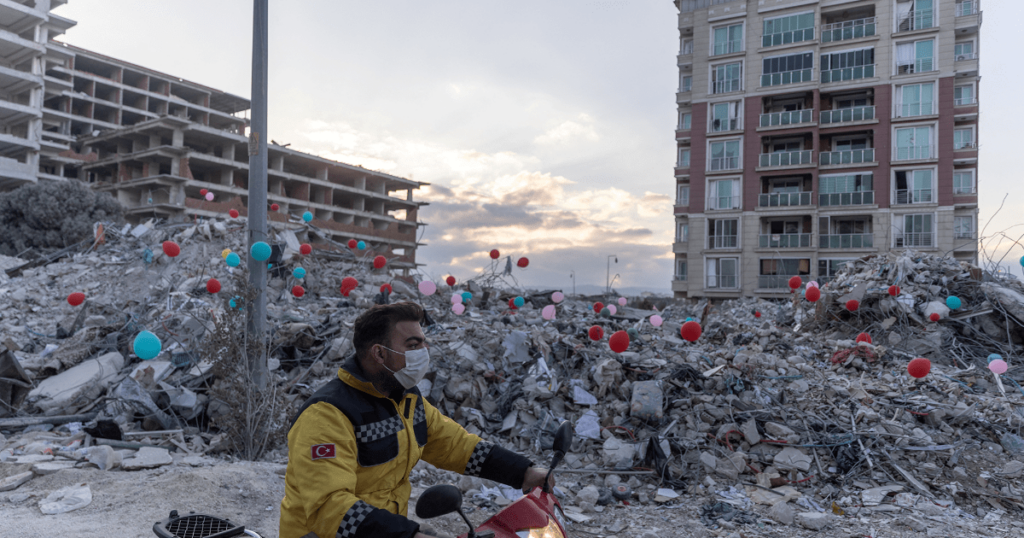“History should teach them that with their hatred, their cruelty and their violence, they are the ones who destroy themselves. Never no oppressor ends well and no dictator triumphs indefinitely”, recalled this Sunday, the auxiliary bishop of Managua, Monsignor Silvio Baéz, who is in the exile in the United States.
Monsignor Baez, who this week was stripped of his nationality by the Daniel Ortega regime along with 93 other Nicaraguans, reflected in his homily on the gospel that asks “do not respond with violence I gave” towards those who hurt us.
“Jesus’ call to renounce violence is addressed above all to the powerful, to who own the money and weapons, who are the ones who can violently oppress the weakest and defenseless”, said the bishop, who added “this call to love must be heard by the tyrants on duty who allow themselves to be carried away by their irrational ambitions, act with hatred, seek revenge and even manipulate the law and the laws to do evil and subdue the peoples.
To these, the priest stressed that history should teach them that with hatred, cruelty and violence it is they who are destroyed. “No oppressor ever ends well.”
Likewise, the bishop commented that this call is also addressed to those who suffer so as not to fuel violence, forget the “eye for an eye” and a tooth for a tooth.
To love is not to tolerate injustices
Monsignor Báez explained that the gospel does not ask to tolerate injustice or exempt the guilty neither “the submission of the fearful nor the indifference of the well-to-do” to render accounts, but rather it is a proposal of revolutionary love.
“What Jesus proposes to us is a new style of reacting to the offense, a new way of active resistance to evil and injustice. Jesus invites us not to react against the aggressor in the same violent way with which he has acted against us. It is not a call to resignation, nor to passivity in the face of the ill received, ”he explained.
“To love the enemy is not to feel affection or sympathy”the bishop opined. “The enemy is still someone from whom we can expect harm and it is very difficult to change the feelings of the heart.”
“It is natural not to feel sympathy for someone who has hurt us. What Jesus asks of us is not to feed hatred and the thirst for revenge when we feel hurt, mistreated or humiliated,” he reflected.
Cultivate the heart of reconciling attitudes
He then adds that “loving the criminal, the tyrant and the oppressor, does not mean approving their crimes and ignore its wickedness, nor forget the immense suffering it has caused (…) That would be, rather, indifference and cowardice. To love the enemy is to renounce revenge and hate, ”he said.
Jesus does not invite a love that does not stop in the face of evil, he assures, “he invites us to a gratuitous love that does not expect reward and that always dares to do good, even when it knows that the enemy does not deserve it.”
The gospel also asks that let us cultivate in the heart heart reconciling attitudes, “let us suppress within ourselves all desire for revenge and start all violent instincts (…) Let us put aside the hurtful words that poison coexistence, let us not hurt each other and overcome the fanaticism that divides us. Let us not give strength to evil.”
Only by loving in this way “can we create authentically human relationships and build a new societythe bishop assured. “Only with a love similar to his will we make possible the only authentic and eternal revolution, the revolution of mercy.”
Bishops of Cuba and Mexico speak out
The Catholic bishops of Cuba expressed this Sunday their solidarity with the Church of Nicaragua, its faithful and the released prisoners who were deported from that country to the United States. In its “Message to the people of God”the religious state that they feel “deeply united with the bishops and all the faithful of the Church of God in Nicaragua”and they welcome the invitation of Pope Francis a week ago in the Angelus prayer.
The prelates of the island externalized that they add to their clamor to “that opens the hearts of political leaders and all citizens to the sincere search for peace, which is born of truth, justice, freedom and love, and is achieved through the patient exercise of dialogue”.
In Mexico, the Catholic Church asked the faithful and society to have empathy with difficult realities such as Nicaragua, where 317 citizens have been stripped of their nationality, including Bishop Rolando José Álvarez Lagos, sentenced to more than 26 years in prison after refusing to to be exiled by the government of Daniel Ortega to the United States.
“Let’s take the opportunity to dedicate time to reflect on what happens beyond what our eyes see, to be empathetic with those realities outside our environment”pointed out the editorial of the Archdiocese of Mexico in its weekly Desde la Fe.
Last Thursday, dozens of Catholics demonstrated in front of the Nicaraguan embassy in Mexico to demand the release of Bishop Álvarez Lagos. The protest occurred in front of the aforementioned diplomatic headquarters, located in Lomas de Chapultepec, west of Mexico City.
The demonstrators, who gathered peacefully and held a prayer vigil to ask for respect for religious freedom in Nicaragua and for the freedom of Álvarez Lagos, denounced the violation of human rights and religious freedom.
*With information from EFE*
















